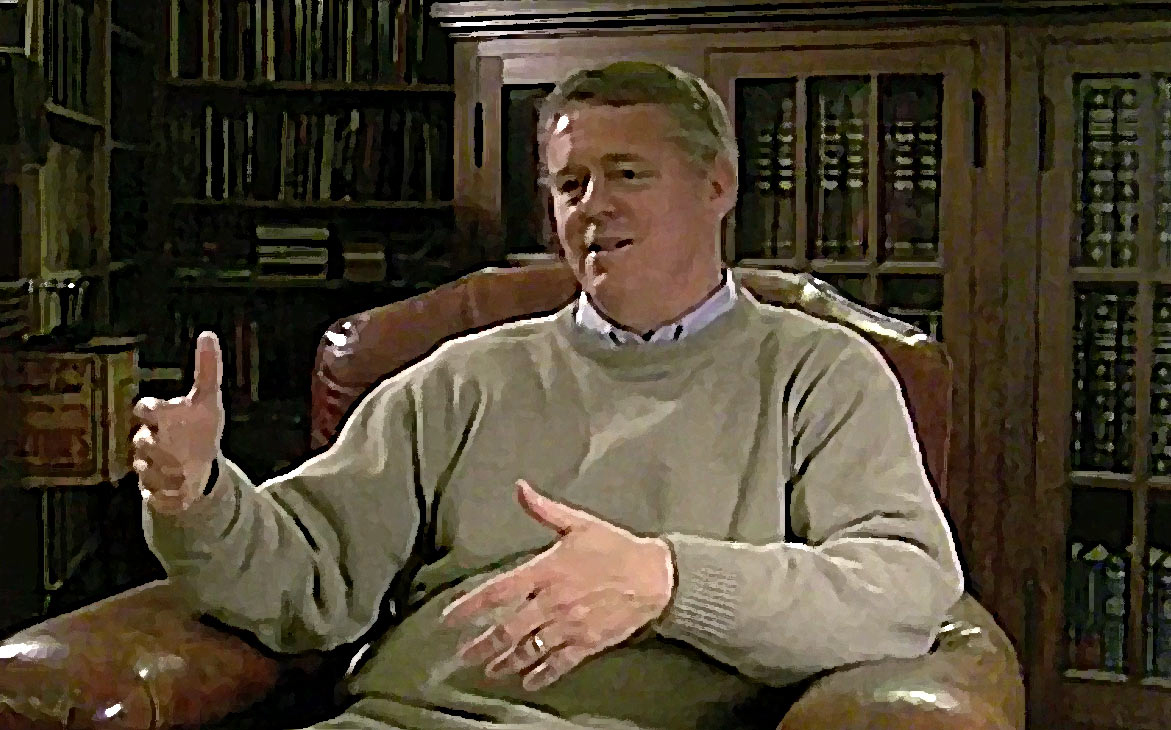Every once in a while, a judge makes a judgment so sensible, it’s as if he had this Common Sense column in mind.
U.S. Magistrate Judge Edmund Brennan has determined that the same right to video-record police in public also applies within a would-be videographer’s home.
The case involves a 2011 search of the home of Mary Crago, which was subject to search without warrant under the terms of her probation. Defendant Kenneth Leonard deleted a video recording she made of the search, telling her that recording it was prohibited. In court Leonard has contended that no right to video-record police officers has been established for persons on probation or in a non-public setting.
To this, Judge Brennan responds that if a plaintiff has “a clearly established constitutional right to record from a public place where the plaintiff has the lawful right to be, a plaintiff surely has such a right in his or her home.”
Brennan sees no “no principled basis” for the assumption that we have a protected right to record officers performing their duties in public that “does not extend to those performed in a private residence. The public’s interest in ensuring that police officers … do not abuse [their] authority … does not cease once they enter the private residence of a citizen.”
If anything, it is even more urgent to protect a citizen’s right to document proceedings when an officer’s actions are shielded from public view — from other witnesses.
But of course. It’s just Common Sense, isn’t it?
I’m Paul Jacob.
